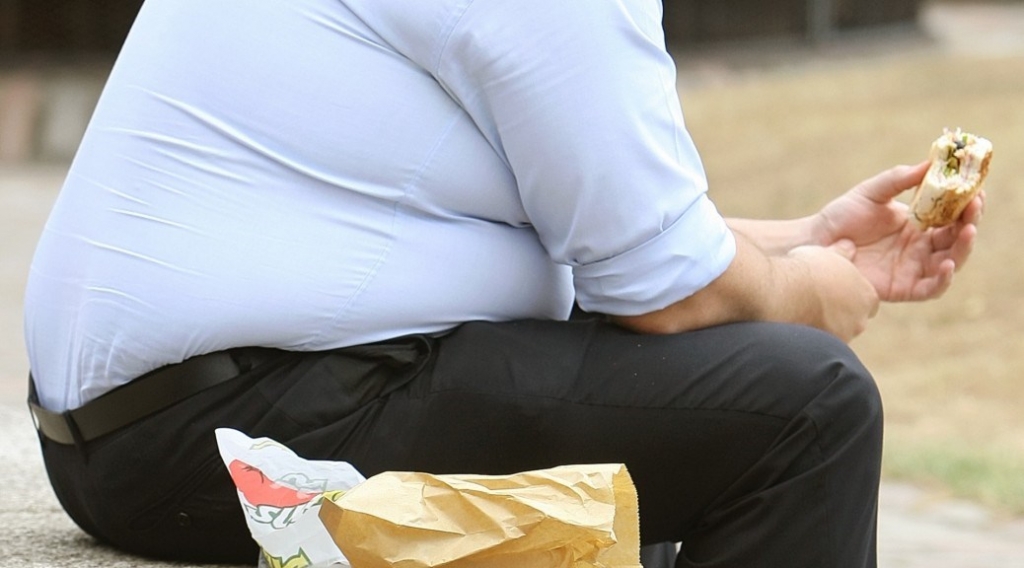-
Tips for becoming a good boxer - November 6, 2020
-
7 expert tips for making your hens night a memorable one - November 6, 2020
-
5 reasons to host your Christmas party on a cruise boat - November 6, 2020
-
What to do when you’re charged with a crime - November 6, 2020
-
Should you get one or multiple dogs? Here’s all you need to know - November 3, 2020
-
A Guide: How to Build Your Very Own Magic Mirror - February 14, 2019
-
Our Top Inspirational Baseball Stars - November 24, 2018
-
Five Tech Tools That Will Help You Turn Your Blog into a Business - November 24, 2018
-
How to Indulge on Vacation without Expanding Your Waist - November 9, 2018
-
5 Strategies for Businesses to Appeal to Today’s Increasingly Mobile-Crazed Customers - November 9, 2018
‘Slim chance’ of a return from obesity
The chances are so slim for an obese man that there’s only a one in 210 likelihood that he will manage to drop to a healthy body weight. Scientists have found that the chances for obese men is one in 210 and for women is one in 124.
Advertisement
Those odds worsen as a person’s weight increases.
Researchers with the National Institute for Health Research (NIHR) in the United Kingdom used a decade’s worth of digital health records for 278,982 people – 129,194 men and 149,788 women – and concluded current methods of getting people to lose weight aren’t working. Fildes suggested that obesity treatments in the future should focus on preventing those who are overweight and obese from gaining further weight.
A cyclic pattern of weight gain and weight loss was observed in more than one-third of the patients under observation. They took BMI (body mass index) into account and bariatric surgery recipients were excluded from the study.
Lead author Alison Fildes says that current weight-loss strategies for obese people are not effective.
If dieting just doesn’t work for you, you’re not alone. On the downside, the 5% weight loss can be gained back in as short as 2 years while most did within 5 years.
All health officials warn people all over the world that obesity should be treated as a serious global public health epidemic.
Attaining a normal body weight might not be a realistic goal for obese and severely obese individuals, but this does not mean that all hope is lost. The average age of these patients were 55 in the case of men and 49 in the case of women. “However, given the clear difficulties in achieving weight loss within the population, it is important that health policies emphasize obesity prevention”. It’s clear that new approaches are needed to efficiently deal with what could become our nation’s greatest killer. More than one in three people, overall, weight cycled, but weight cycling was more common among people with morbid obesity (51% of men weight cycled and 52% of women). They wanted to know the chances of an obese person recovering his or her normal weight or at least losing 5 percent of the body weight.
Although obese individuals may have the willingness to lose weight for a moment, they can not maintain such eating habits for a very long time.
Advertisement
The study might pave the way for doctors and dieticians to help prevent obesity, by either informing patients on how to keep themselves from regaining the weight or stop them before the problem even begins.





























